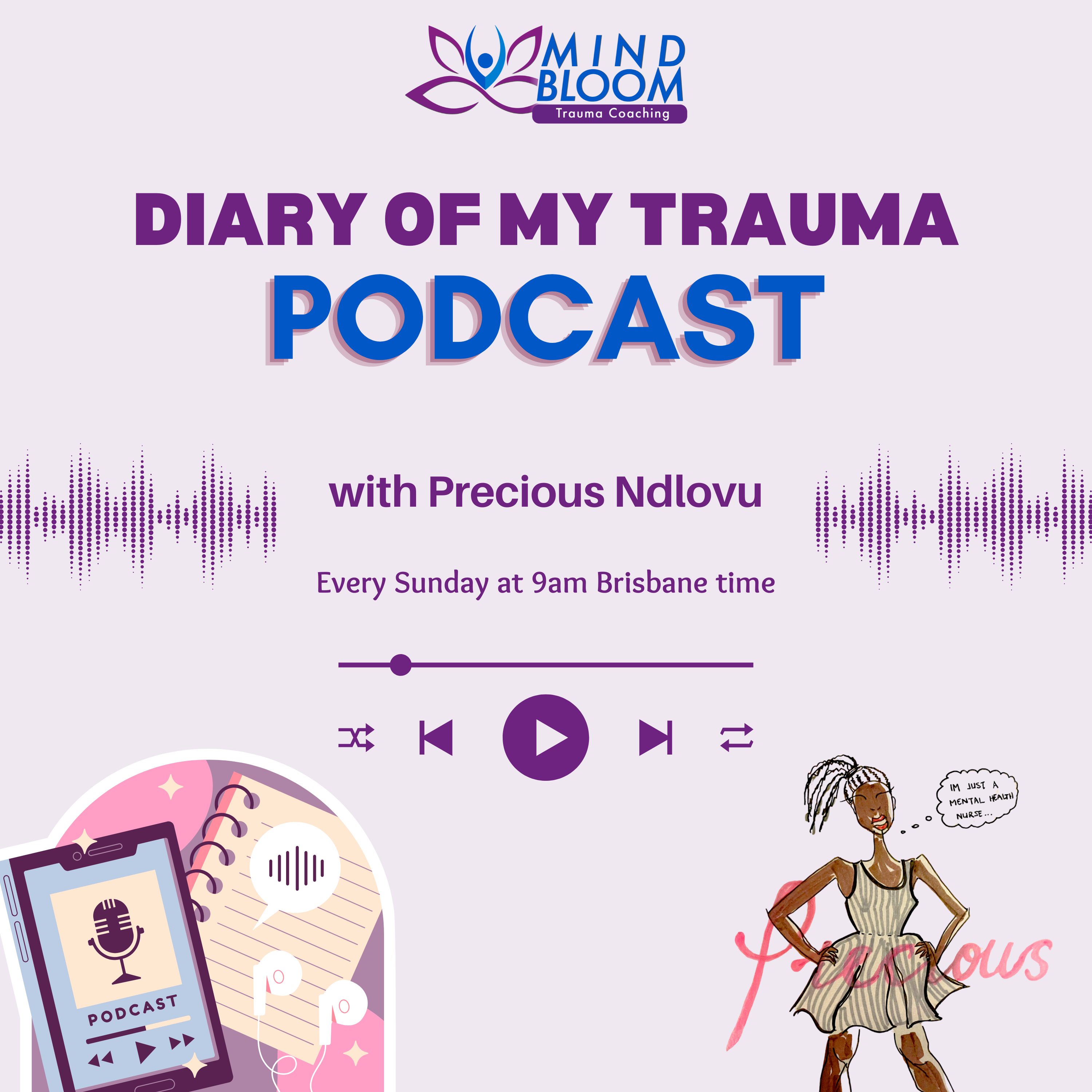Life’s demands can feel like a rollercoaster ride—between work, family, and personal commitments, it’s easy to get overwhelmed. Stress is a natural response, but it doesn’t have to control your life. Let’s dive into 10 tips to help you manage stress and maintain your balance, no matter what life throws your way.
1. Start Your Day with Mindfulness
Before starting your daily routine, spend 5-10 minutes grounding yourself. Simple breathing exercises or a brief meditation can work wonders. Concentrate on your breath, clear your mind, and establish a calm tone for the day ahead.
2. Plan and Prioritise
Get into the habit of planning your day the evening before. Write down your tasks and prioritise the most crucial ones. By dividing your day into manageable parts, you can lessen the feeling of being overwhelmed by too much to do and gain a better sense of control.
3. Exercise Regularly
Exercise isn’t just for your body; it’s great for your mental health too. Even just 30 minutes of walking, stretching, or dancing can release endorphins, which act as natural stress relievers. Plus, it’s a great way to clear your mind.
4. Stay Hydrated and Eat Well
Your physical health affects your mental health. Drink plenty of water and fuel your body with nutritious foods that keep your energy stable. Avoid excessive caffeine or sugar, which can increase stress levels over time.
5. Take Regular Breaks
It’s easy to get caught up in tasks, but taking small breaks throughout your day is crucial. Step away from your desk, go for a quick walk, or simply stretch. These mini-breaks help refresh your mind and keep stress at bay.
6. Set Boundaries
Learn to say no when you need to. It’s okay not to be available 24/7. Setting boundaries, whether at work or with loved ones, protects your mental space and gives you time to recharge. Protecting your own peace is key to staying stress-free.
7. Practice Gratitude
Take a moment every day to reflect on what you’re grateful for, no matter how small. Gratitude shifts your mindset from focusing on stress to appreciating the good in your life. It’s a powerful tool to keep your mood elevated.
8. Stay Connected
Nurture your relationships. Whether it’s a quick chat with a friend or a meaningful conversation with a loved one, social connection helps combat stress. Sharing your feelings and leaning on your support system can provide relief.
9. Create a Relaxation Routine
Make relaxation a part of your daily routine. Whether it’s listening to calming music, reading, taking a bath, or practicing yoga, having a consistent way to unwind helps prevent stress from building up.
10. Get Enough Sleep
Never underestimate the importance of sleep. Insufficient sleep heightens stress and can make you feel irritable or overwhelmed. Aim for 7-8 hours each night and try to maintain a regular sleep routine to give your body the rest it needs to manage stress effectively.

Stress is an inevitable part of life, but it doesn’t have to dominate. By making small, deliberate changes to your daily routines, you can manage stress and lead a calmer, more balanced life. Keep in mind, it’s about progress, not perfection. Adopt one tip at a time and watch your stress levels ease.




